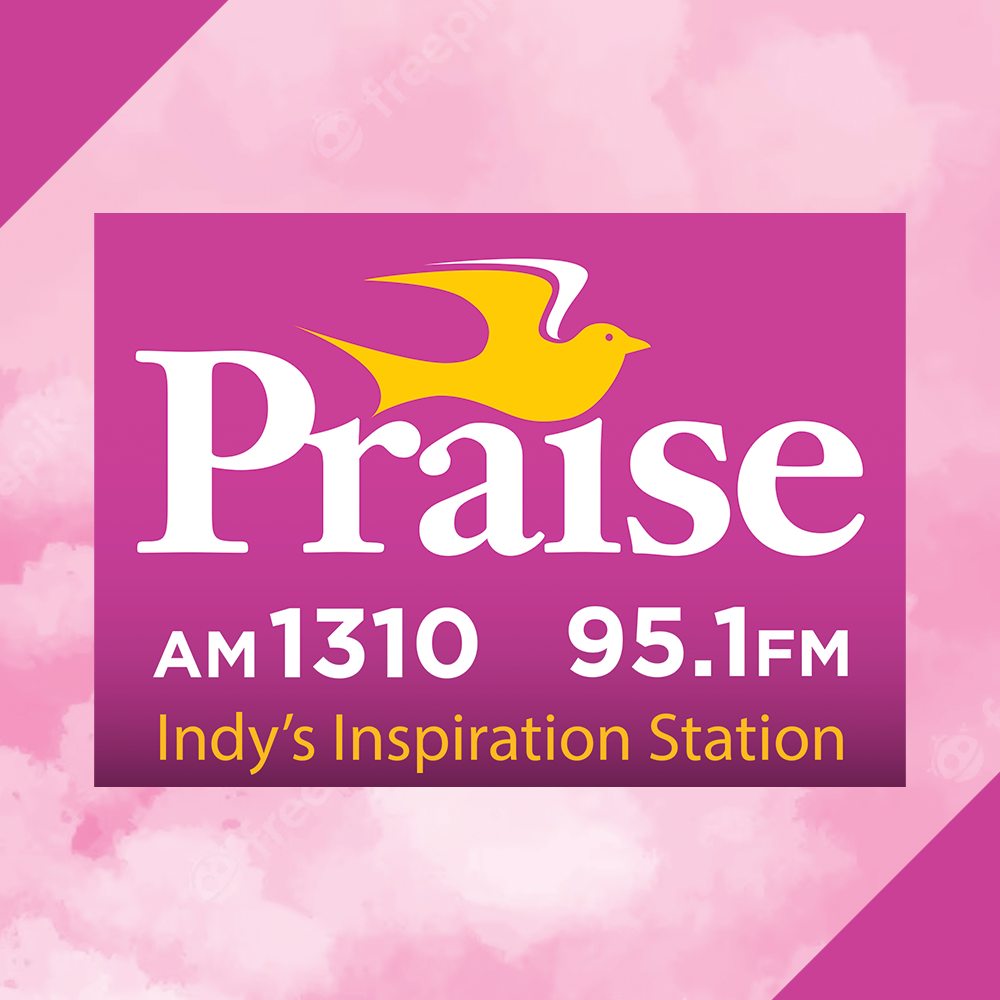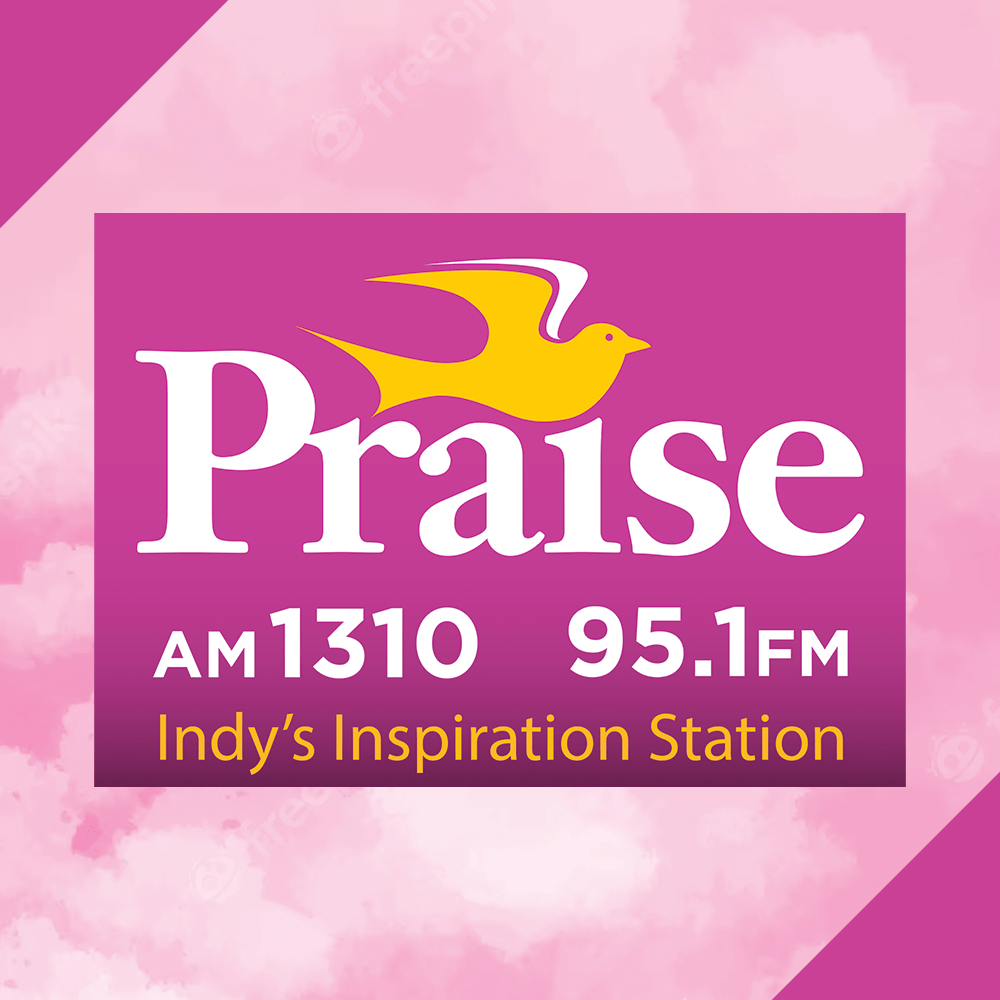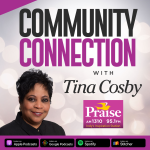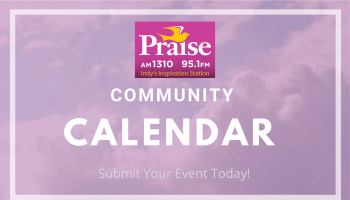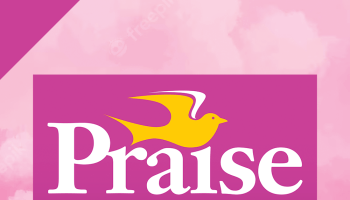According to wikipedia.com
James Cleveland
| James Cleveland | |
|---|---|
| Born | December 5, 1931(1931-12-05) |
| Origin | Chicago, Illinois |
| Died | February 9, 1991(1991-02-09) (aged 59) |
| Genres | Gospel music |
| Instruments | Vocals, Piano |
| Labels | States, Savoy |
| Associated acts | Albertina Walker (Queen of Gospel Music)
The Cleveland Singers |
The Reverend Dr. James Cleveland (December 5, 1931 – February 9, 1991) was a gospel singer, arranger, composer and, most significantly, the driving force behind the creation of the modern gospel sound, bringing the stylistic daring of hard gospel and jazz and pop music influences to arrangements for mass choirs. He is known as the King of Gospel music.[1]
Biography
Early life and career
Born in Chicago, he began singing as a boy soprano at Pilgrim Baptist Church, where Thomas A. Dorsey was minister of music and Roberta Martin was pianist for the choir. He strained his vocal cords as a teenager while part of a local gospel group, leaving the distinctive gravelly voice that was his hallmark in his later years. The change in his voice led him to focus on his skills as a pianist and later as a composer and arranger. For his pioneering accomplishments and contributions, he is regarded by many to be one of the greatest gospel singers to ever live.[2]
Musical career
Work with The Gospelaires
In 1950, Cleveland joined the Gospelaires, a trio led by Norsalus McKissick and Bessie Folk, who were associated with Martin. Martin hired him as a composer and arranger after the group disbanded. His arrangements of songs such as “(Give Me That) Old Time Religion” and “It’s Me O Lord” transformed them, giving a rocking lilt and insistent drive to old standards.
The Caravans
Cleveland subsequently went to work for Albertina Walker, popularly referred to as the “Queen of Gospel”[3] and the Caravans as a composer, arranger, pianist and occasional singer/narrator. In November 1954, Albertina Walker provided him the opportunity to do his very first recording. By staying out of the studio for a while, she convinced States Records to allow him to record with her group. He continued to record with The Caravans until States closed down in 1957.[4] He left and returned to the Caravans a number of times to join other groups, such as the Gospel All-Stars and the Gospel Chimes, where he mixed pop ballad influences with traditional shouting. In 1959 he recorded a version of Ray Charles‘ hit “Hallelujah I Love Her So” as a solo artist.
James Cleveland Records with The Angelic Choir
James Cleveland signed with “Savoy Records”in 1962 and recorded albums with The Angelic Choir, of Nutley, New Jersey under the direction of Rev. Lawrence Roberts. Two “live” albums were recorded Vol.1 and Vol.2, one of which included the song “How Great Thou Art” which was an organ solo narrated by Rev. Cleveland as a(“young boy”)named Billy Preston played. Then in 1963 he recorded his critically acclaimed Gospel Million Seller album “Peace Be Still”.
Before these albums were recorded, no other gospel artist had recorded using this type of live format. Each album to include his albums “Stood On The Banks Of Jordan” in 1964 and “Give Me My Flowers” 1965 gave the listener the feeling that they were listening in and experiencing a church service- with James Cleveland ministering in song and word just to them. This style has been mimmicked over and over again to this day.
The Love of God
He became known by more than just the professionals within gospel music with his version of the Soul Stirrers‘ song, “The Love of God”, backed by the Voices of Tabernacle from Detroit. Rev. Cleveland migrated to Los Angeles,Ca., as Minister of Music at Grace Memorial Church of God in Christ. In Los Angeles Cleveland attained even greater popularity working with keyboardist Billy Preston and the Angelic Choir of Nutley, New Jersey; his recording of “Peace Be Still” (in 1963), an obscure 18th century madrigal, sold hundreds of thousands of copies thanks to Cleveland’s comforting growl and emotional command, his popularity grew to great acclaim, causing him once again to return to the road, this time with the newly organized James Cleveland Singers, Odessa McCastle,Georgia White,and Eugene Bryant, along with Billy Preston. In 1964 Rev. Cleveland re-organized The James Cleveland Singers again this time the group was made up of – Odessa McCastle, Roger Roberts and Gene Viale. In 1965 Rev. Cleveland added Clyde Brown and Charles Barnett to his group which by then was traveling extensively throughout the United States and Abroad into the late 60’s,performing in all major venues,this collaboration brought memorable recordings such as “Heaven That Will Be Good Enough For Me””Two Wings” “The Lord Is Blessing Me Right Now” and many others. From the 70’s until 1990 Rev. Cleveland would bring together a number of artists to back him on appearances and records. He would also continue to appear and record with some of the greatest Gospel Choirs of that time.
Gospel Workshop of America
Cleveland capitalized on his success by founding his own choir, the Southern California Community Choir, as well as a church,[Cornerstone Institutional Baptist Church],that went from a handful of congregants(10)to thousands of members during his life. His influence stretched even further: like Dorsey before him, he taught others how to achieve the modern gospel sound through his annual Gospel Singers Workshop Convention, put on by the Gospel Music Workshop of America (“GMWA”), an organization that Cleveland founded,and now which has over 30,000 members in 150 chapters. The GMWA has produced, among others, John P. Kee.
Musical style
The style he pioneered — large disciplined organizations who used complex arrangements and unusual time signatures to turn their massive vocal power to achieve the propulsive rhythms, intricate harmonies and individual virtuosity of the greatest groups of gospel’s Golden Age — was still the wellspring for the mass choirs of that era.[5][6]
Death and controversy
Cleveland died in 1991 in Culver City, California.[7] Though his death has often been euphemistically labeled as having been as a result of heart failure, there has been an enduring question as to whether or not Cleveland actually succumbed to AIDS-related complications. Cleveland is interred at the Inglewood Park Cemetery in Inglewood, California.[8][9][10][11] and meanwhile neither of the aforementioned controversial issues is widely wished to be brought up for discussion within the gospel music community.[12]
Awards
- Grammy Award won for Best Gospel Album by a Choir or Chorus 1990:
The Southern California Community Choir: Having Church
- Grammy Award won for Best Soul Gospel Performance, Traditional 1980:
James Cleveland & The Charles Fold Singers: Lord, Let Me Be an Instrument
- Grammy Award won for Best Soul Gospel Performance, Traditional 1977:
James Cleveland: James Cleveland Live at Carnegie Hall
- Grammy Award won for Best Soul Gospel Performance 1974:
James Cleveland & The Southern California Community Choir: In the Ghetto
References
- ^ Obituary Variety, February 18, 1991.
- ^ Cohen, Aaron (May 28, 2006). “Gospel Festival to honor sounds and work of James Cleveland”. Tribune. http://blackgospel.blogspot.com/2006/05/gospel-festival-to-honor-sounds-and.html.
- ^ Chicago Tribune, October 9, 2010
- ^ The United and States Labels Part II http://hubcap.clemson.edu/~campber/unitedstates2.html Accessed August 12, 2009.
- ^ Heilbut, Tony (1997). The Gospel Sound: Good News and Bad Times. Limelight Editions. ISBN 0879100346.
- ^ Boyer, Horace Clarence (1995). How Sweet the Sound: The Golden Age of Gospel. Elliott and Clark. ISBN 0252068777.
- ^ Carpenter (2005). Uncloudy Days: The Gospel Music Encyclopedia. Backbeat Books. ISBN 0879308419.
- ^ Malcolm Venable (May 2003). “The Moving Spirit”. City Limits Magazine. http://www.citylimits.org/content/articles/viewarticle.cfm?article_id=2927.
- ^ Thomas, Stephen B., Ph.D., F.A.A.H.B. (January/February 2000). “The Legacy of Tuskegee: AIDS and African-Americans”. http://www.thebody.com/bp/jan_feb00/tuskegee.html.
- ^ Cobb, J. Matthew. “Oh Happy Gay”. Prayze Hymn Entertainment. http://www.prayzehymnonline.com/articles_happygay.html.
- ^ Graham, Rhonda (October 23, 1994). “And The Choir Sings On”. Sunday News Journal. http://www.qrd.org/qrd/www/culture/black/articles/gospel.html.
- ^ Taylor, LaTonya (February 6, 2006). “Gospel Music: Great Stories, Flawed Characters”. Christianity Today. http://www.christianitytoday.com/music/interviews/2006/bilcarpenter-0206.html.
- Other References
- James Cleveland. (1983). Gospel. [DVD]. Golden Door Productions.
- “Grammy Award Wins by James Cleveland”. Grammy.com. http://grammy.org/GRAMMY_Awards/Winners/Results.aspx?title=&winner=james%20cleveland&year=0&genreID=0&hp=1.
- Viale, Gene D. I Remember Gospel And I Keep On Singing. AuthorHouse. ISBN 987-
